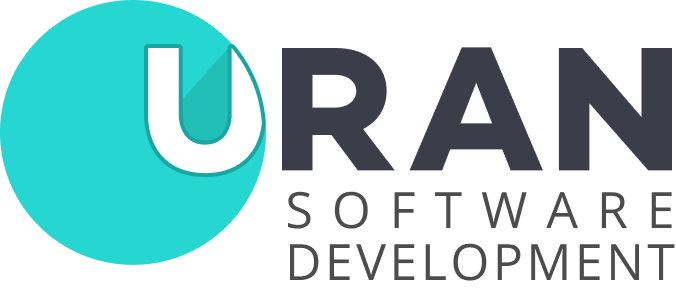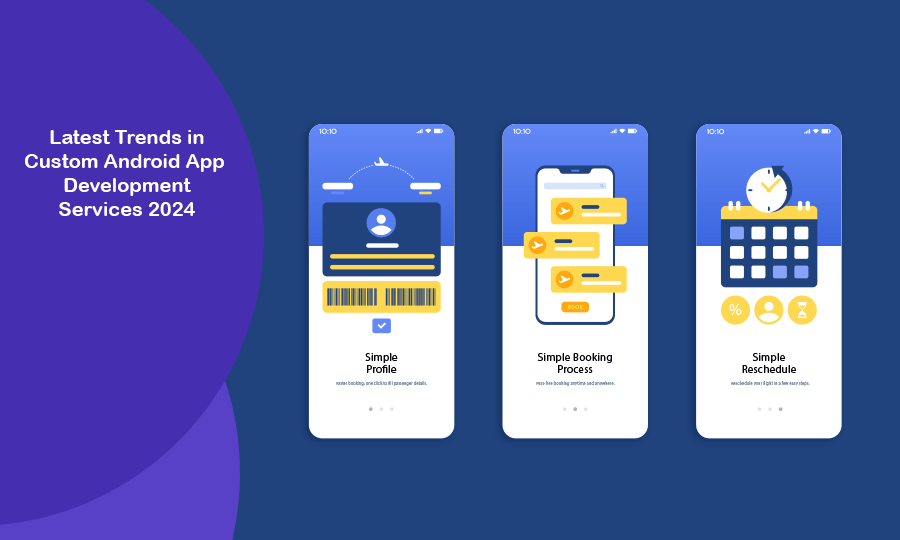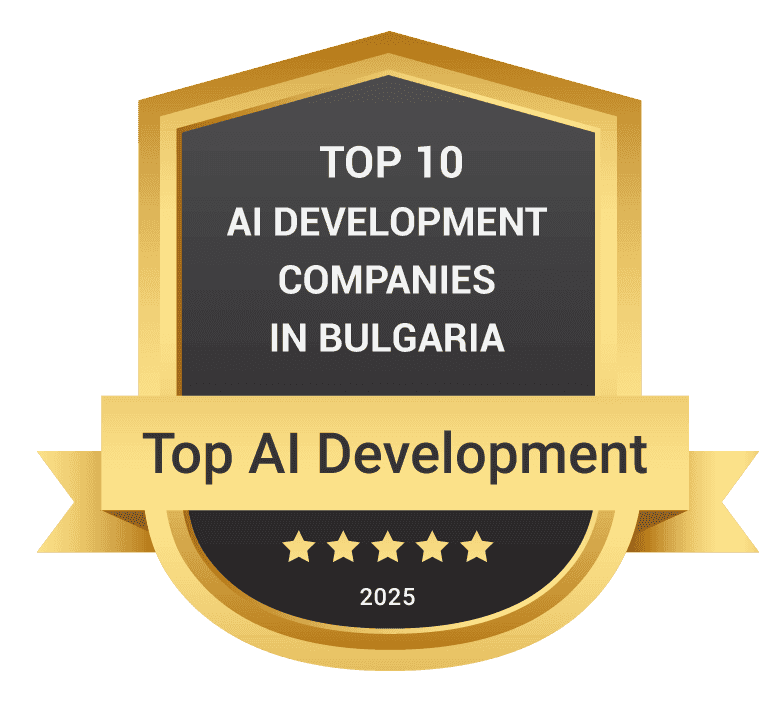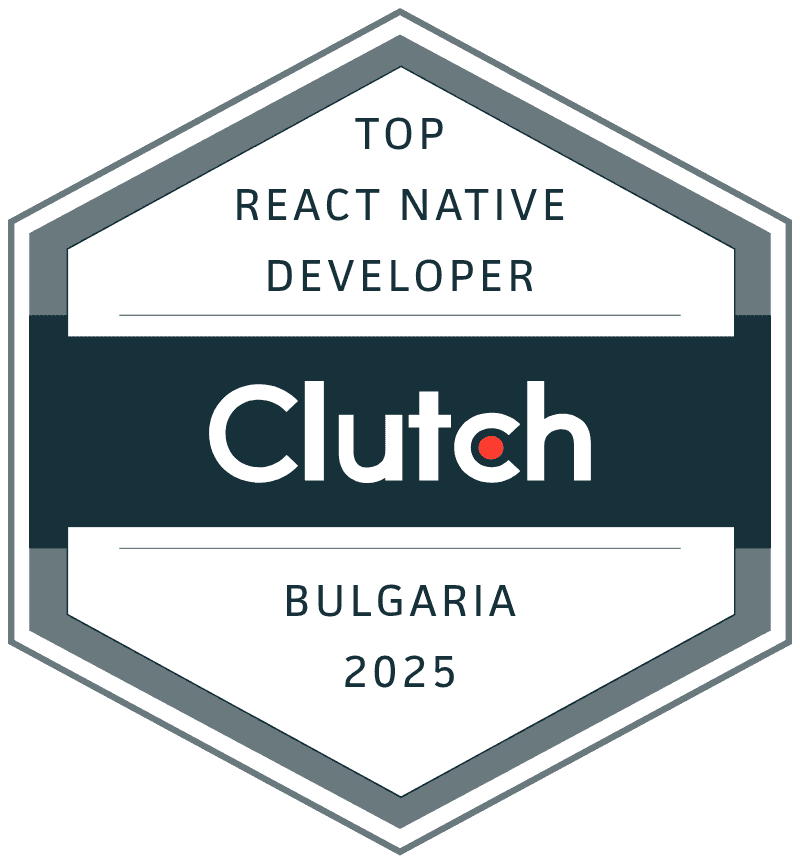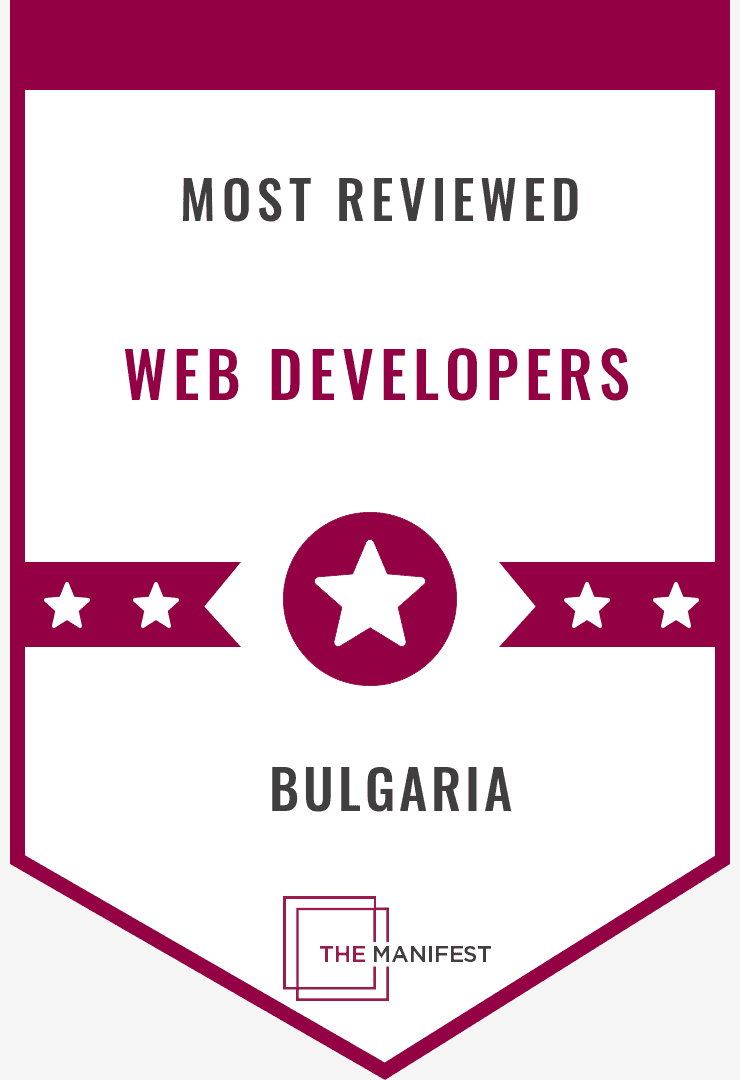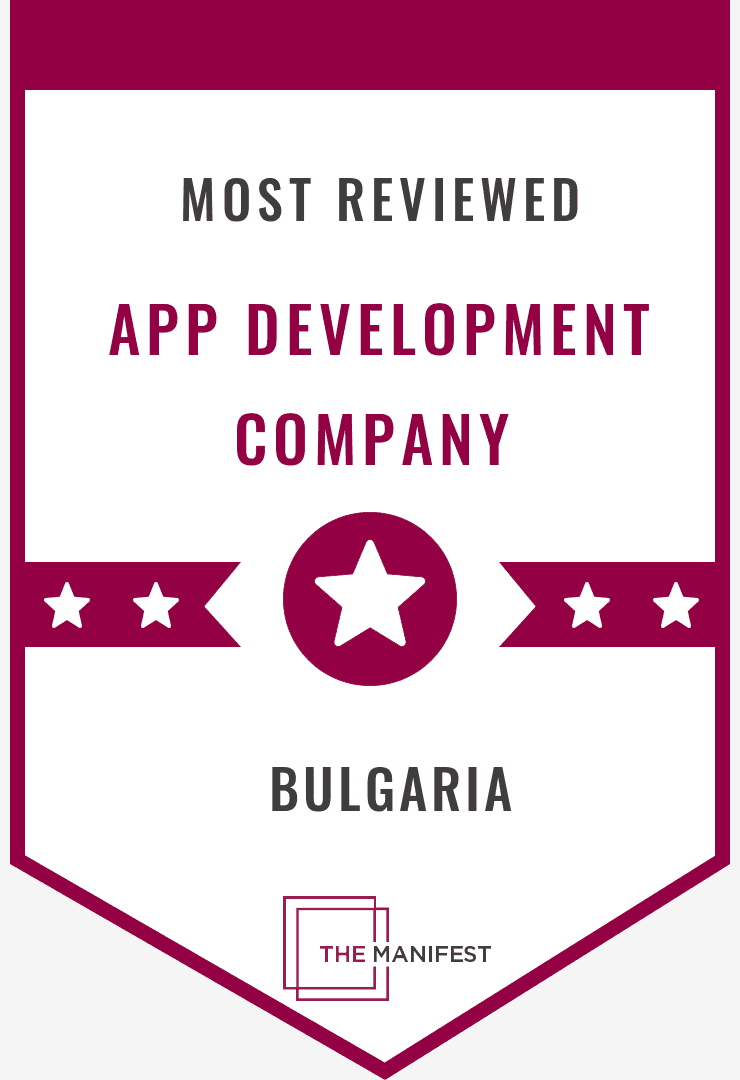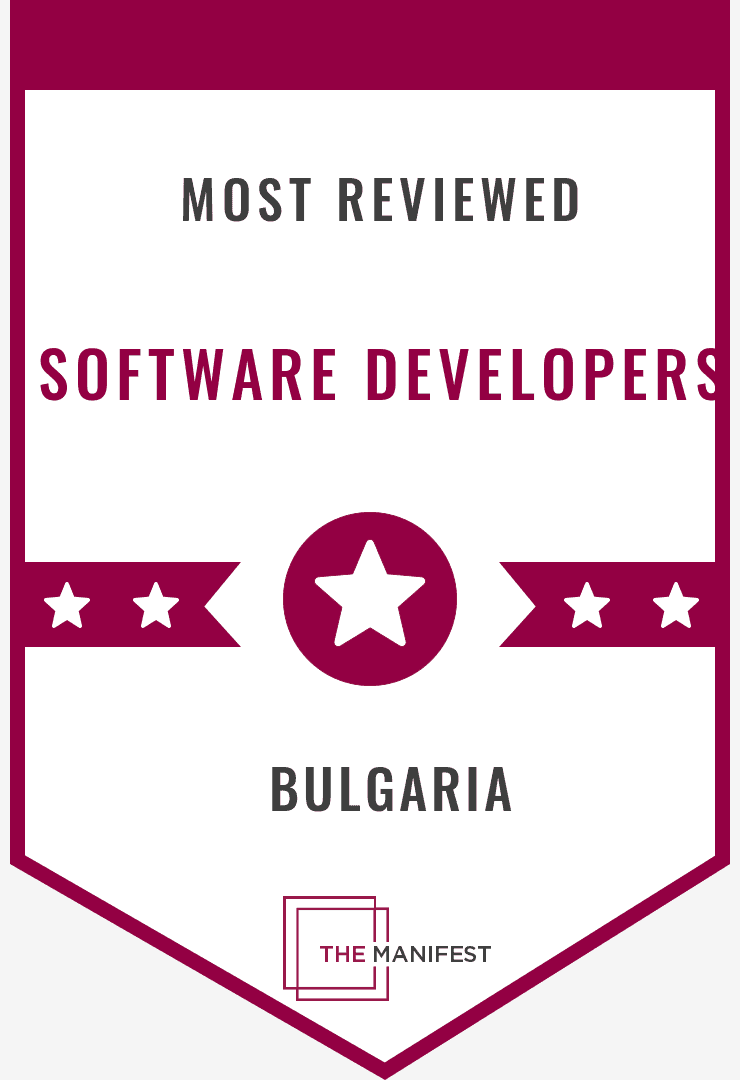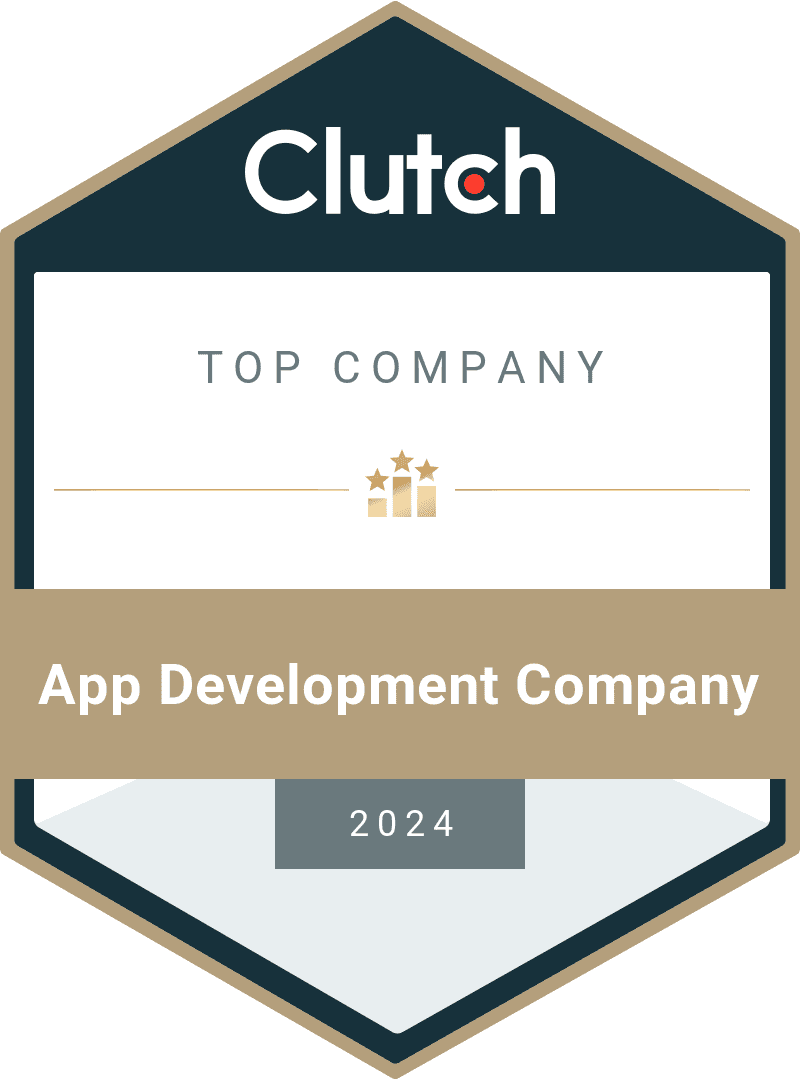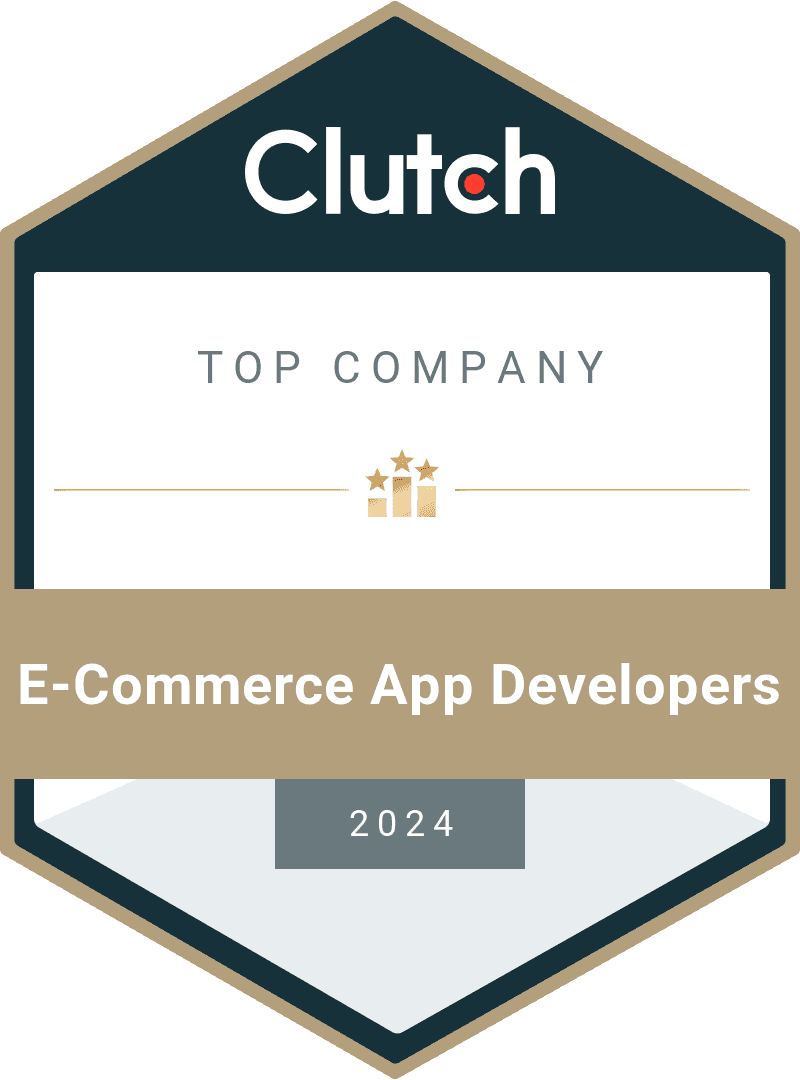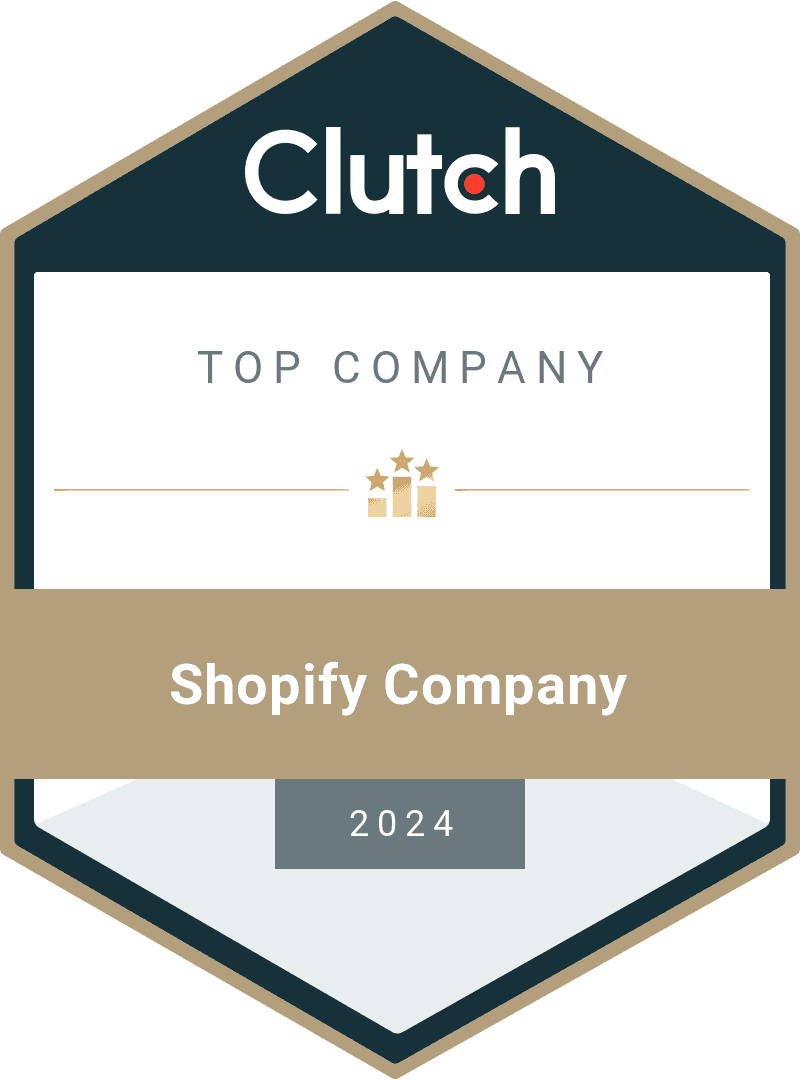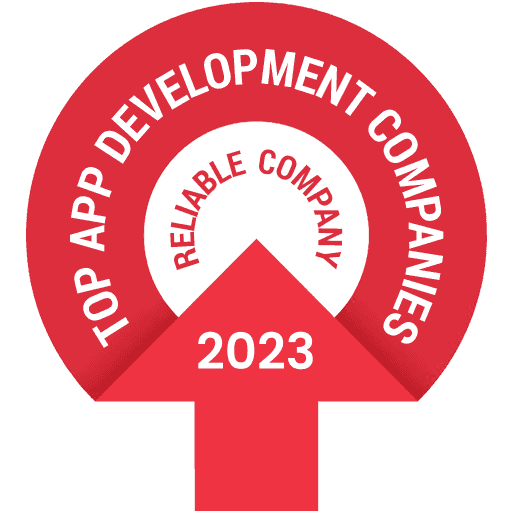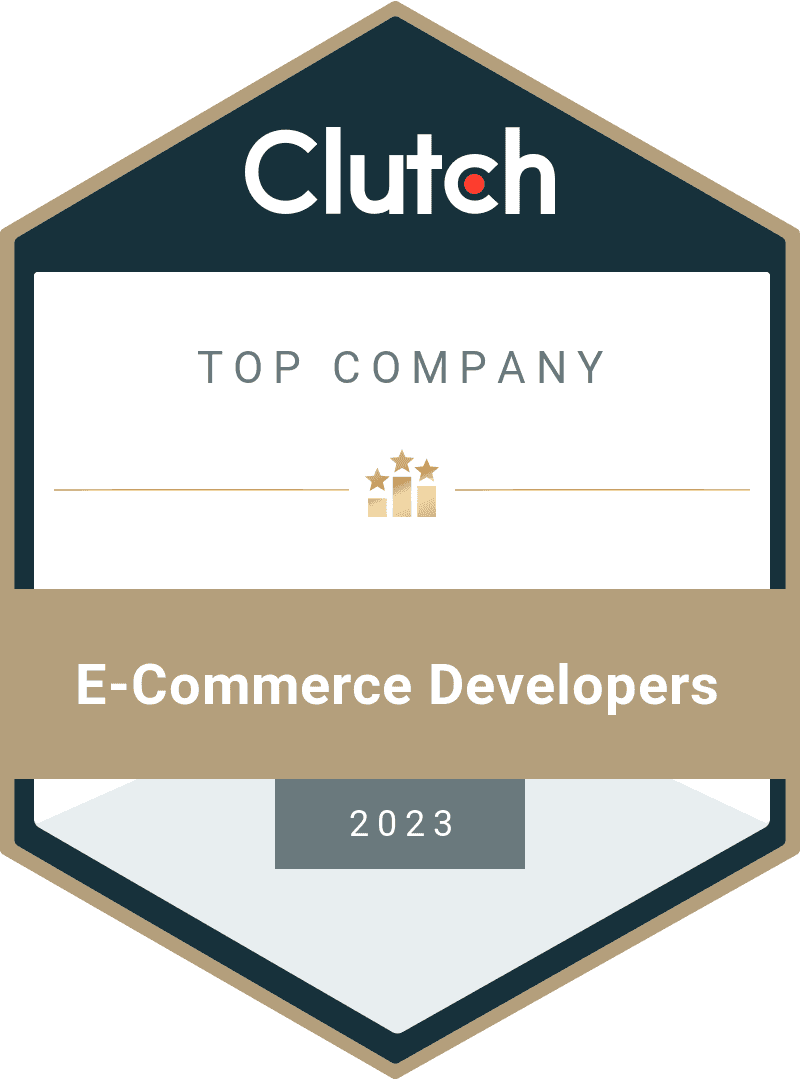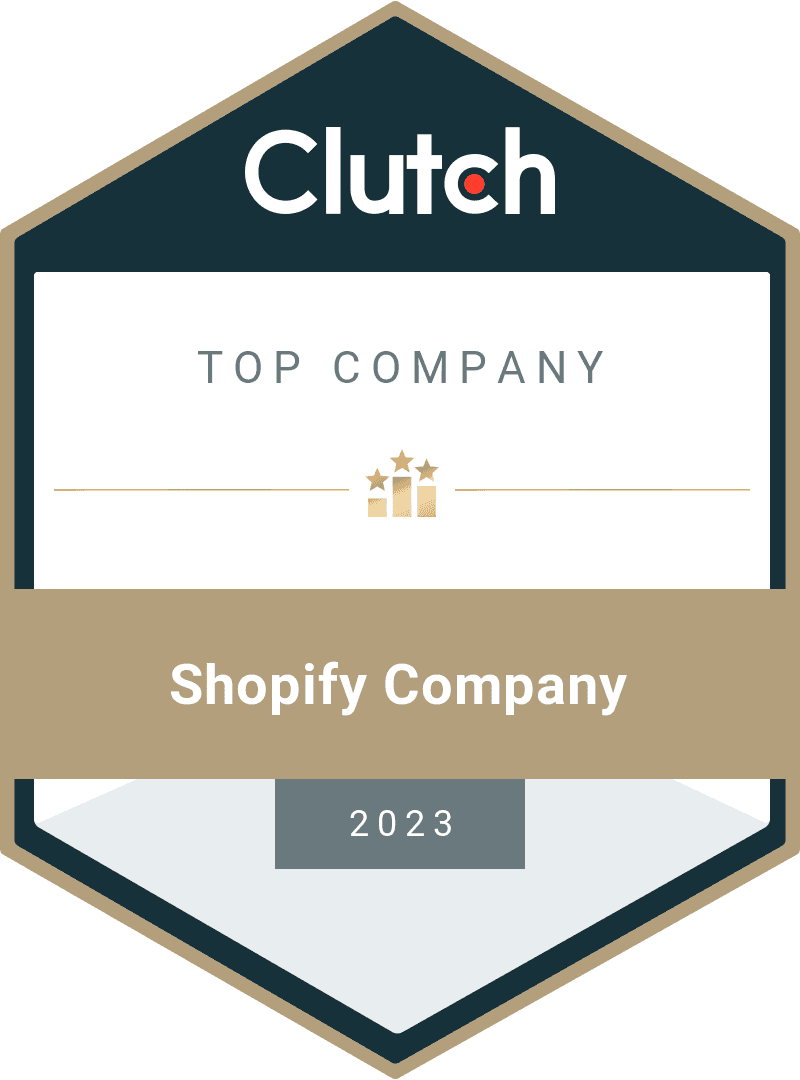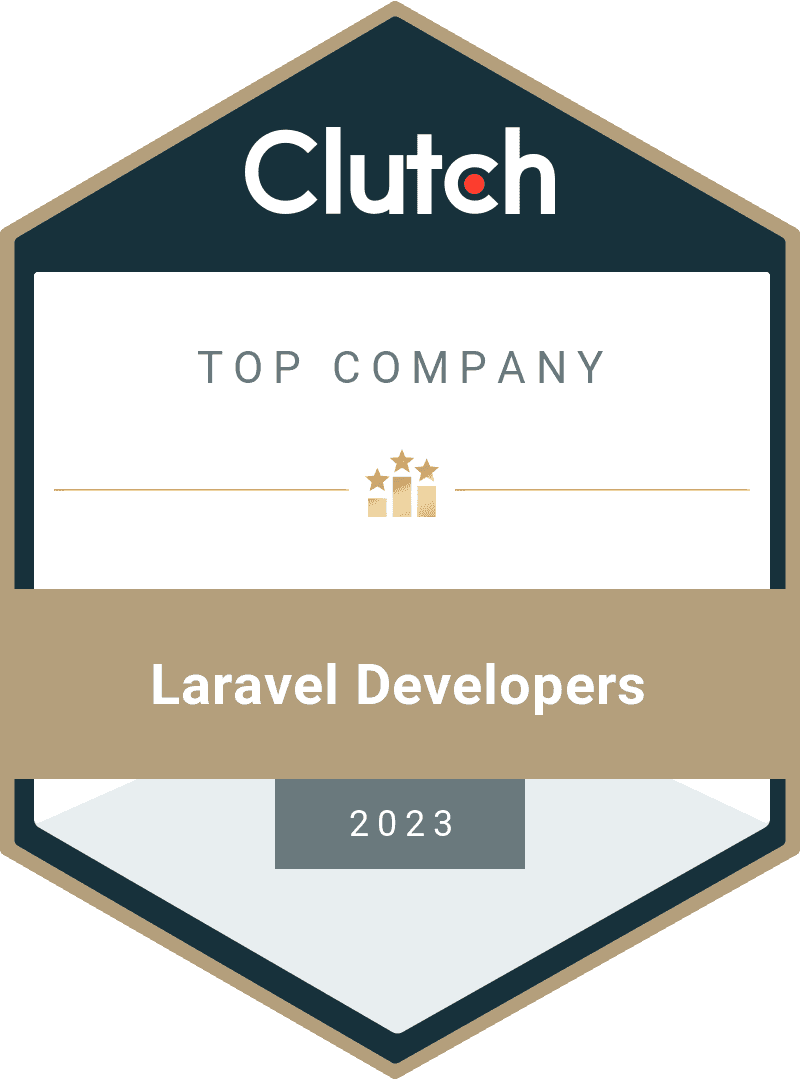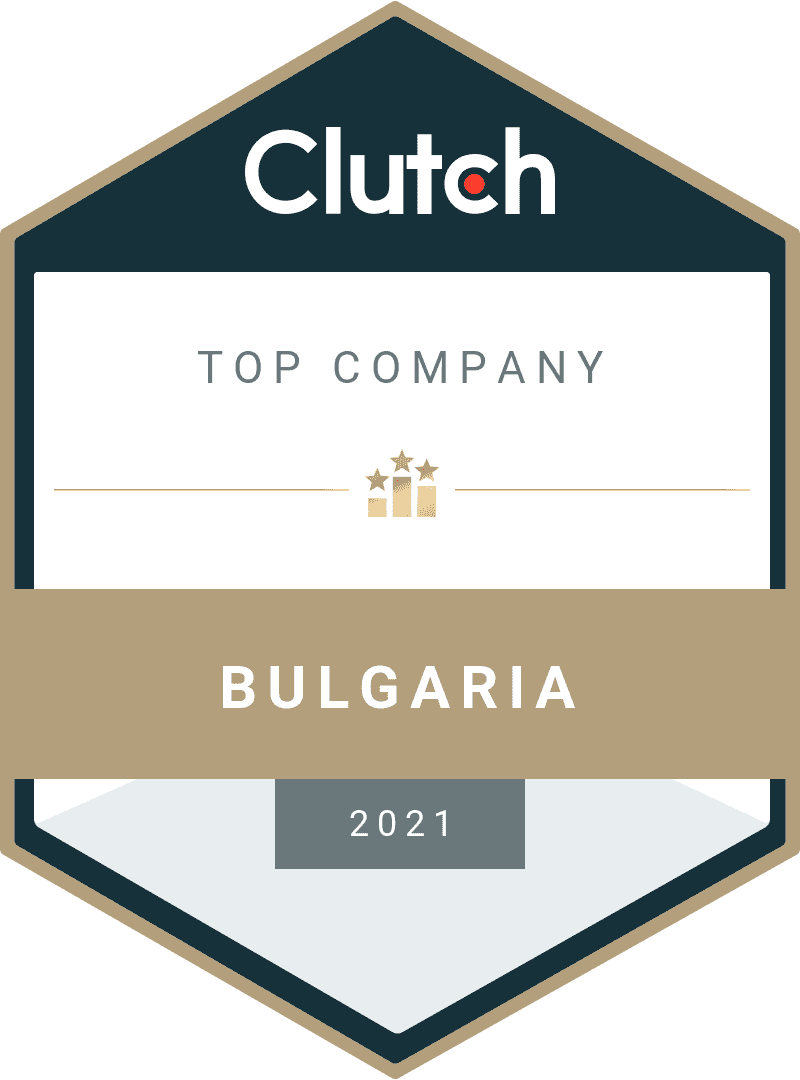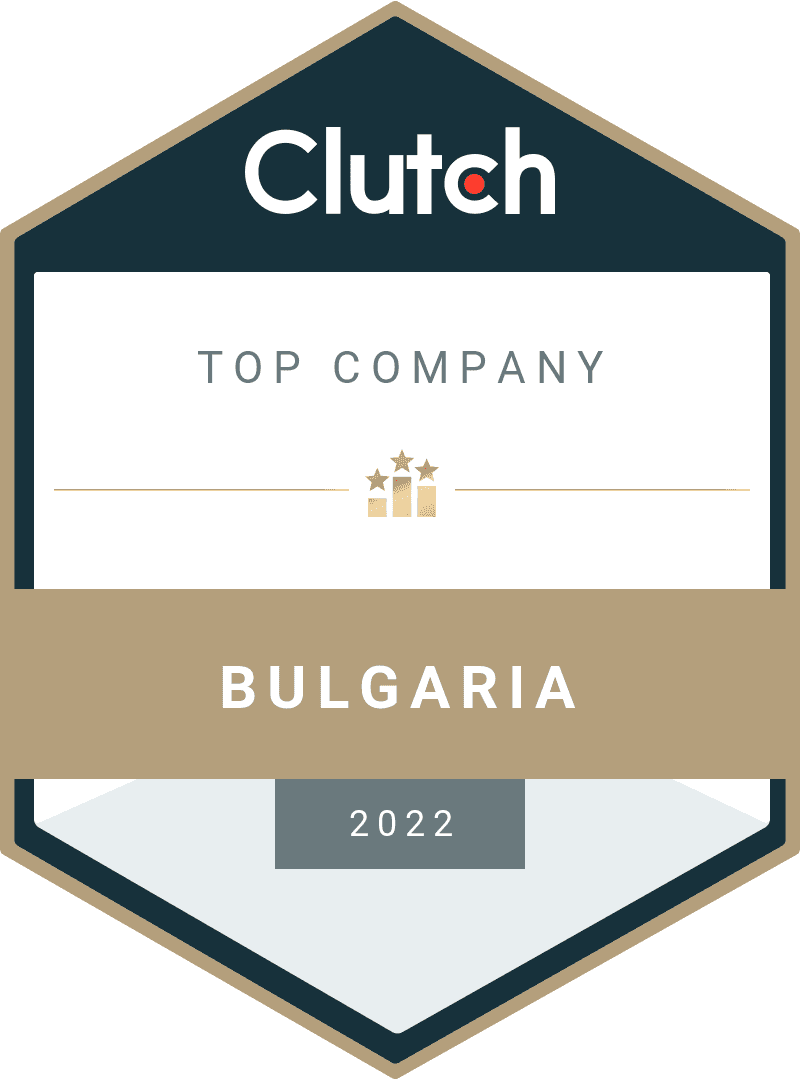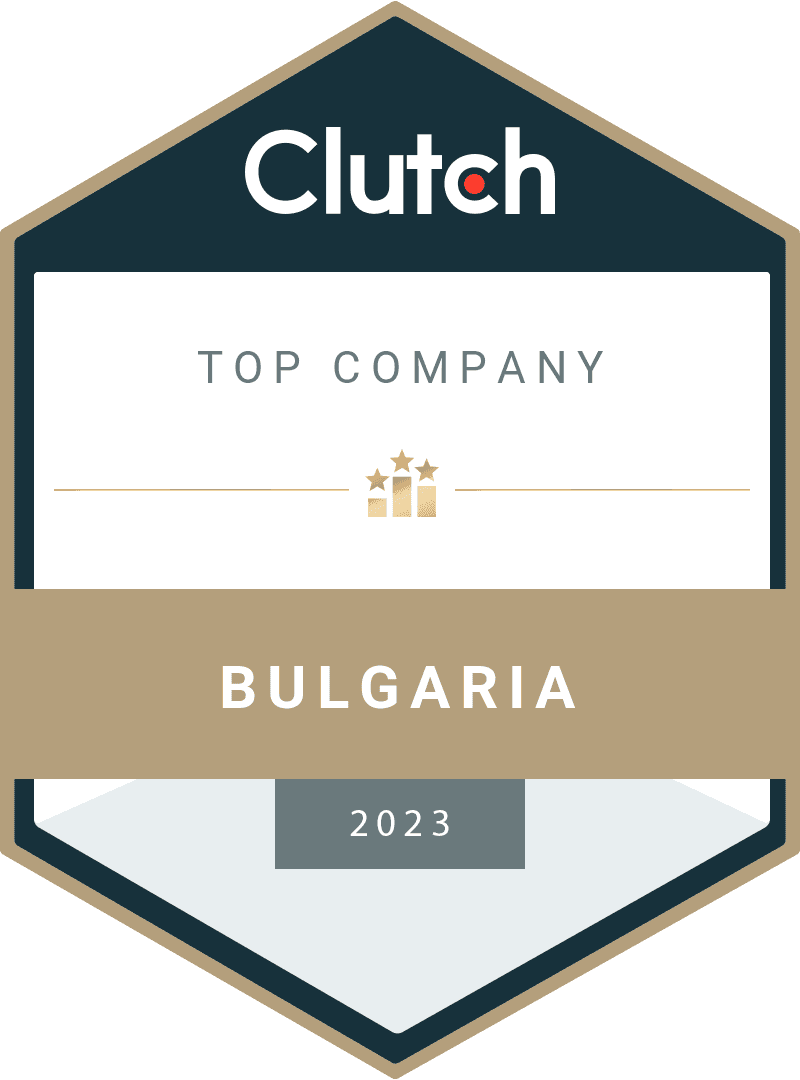Android app development has significantly changed over the last decade. Staying ahead of the latest trends is essential for any custom mobile app development company looking to maintain a competitive edge and deliver unique solutions.
Technology Advancements
AI & ML Integration
Artificial Intelligence (AI) & Machine Learning (ML) have become integral to the development of custom Android app development services. These technologies enable custom mobile application development companies to create apps that learn from user interactions, offering highly personalized experiences. AI-driven chatbots, for instance, enhance customer service by providing instant responses and resolving queries efficiently. Similarly, ML algorithms power recommendation systems in eCommerce apps, offering users personalized product suggestions based on browsing and purchasing history. By leveraging AI and ML, any custom Android app development company can significantly enhance the functionality and user satisfaction of their apps.
AI and ML also enable advanced features such as predictive analytics, which can be used in various sectors like finance and healthcare. In finance, AI-powered apps can predict market trends and provide investment advice, while in healthcare, ML algorithms can analyze patient data to predict health issues and suggest preventive measures. The integration of AI and ML into custom Android app development services transforms how users interact with apps, making experiences more intuitive and tailored to individual needs.
Augmented Reality (AR) & Virtual Reality (VR)
AR and VR are no longer confined to gaming; they are becoming mainstream in various industries, including retail, education, and real estate, thanks to custom mobile app development. These technologies provide immersive experiences that can significantly enhance user engagement. Custom app developers are increasingly utilizing AR/VR frameworks like ARCore and Unity to create applications that captivate and engage users.
For example, in retail, AR can be used to offer virtual try-ons, allowing users to see how clothes or accessories will look on them without physically trying them on. In real estate, VR can provide virtual tours of properties, giving potential buyers a detailed view of a property from the comfort of their homes. Educational apps can use AR to create interactive learning experiences, making complex concepts easier to understand. The potential of AR and VR in custom mobile application development services is vast, offering endless possibilities for creating engaging and interactive user experiences.
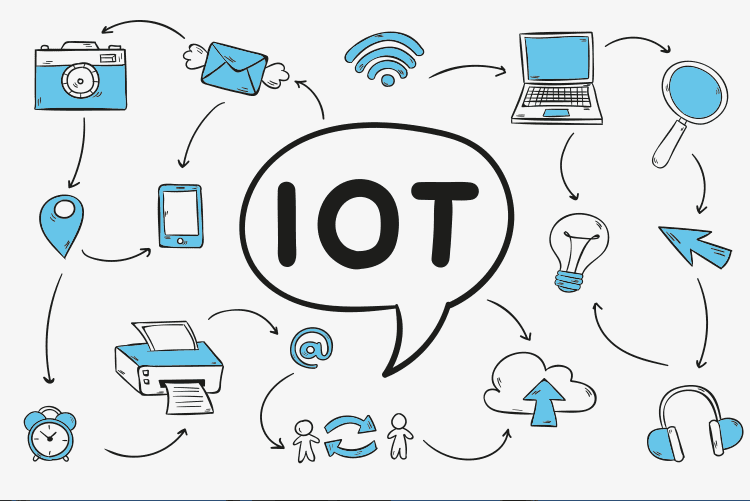
Internet of Things (IoT) Integration
The Internet of Things (IoT) is a transformative trend in custom mobile application development services, enabling the creation of interconnected devices that enhance the functionality of custom mobile applications. IoT allows devices to communicate with each other, providing seamless experiences for users. Custom app development companies are increasingly developing IoT-enabled apps for smart homes, healthcare, and industrial applications.
In smart homes, IoT-enabled apps allow users to control various devices such as lights, thermostats, and security systems remotely. In healthcare, IoT devices can monitor patients' health metrics and send data to healthcare providers in real time, enabling proactive healthcare management. Industrial IoT applications can optimize operations by monitoring machinery and predicting maintenance needs, reducing downtime & increasing efficiency. The integration of IoT in custom Android app development services opens up new avenues for innovation and enhances the overall functionality of mobile applications.
Development Practices
Cross-Platform Development
Cross platform app development is gaining traction among custom mobile app development companies, driven by the need to reach a wider audience while reducing development time and costs. Frameworks like Flutter and React Native enable developers to create apps for both Android and iOS using a single codebase. This approach not only speeds up the development process but also ensures consistency across different platforms.
For a custom mobile application development company, cross-platform development offers numerous benefits. It allows for faster time-to-market, as developers can work on both platforms simultaneously. It also reduces development costs, as there is no need to maintain separate codebases for Android and iOS. Furthermore, cross-platform development ensures a consistent user experience, as the same design and functionality can be implemented across all platforms. By adopting cross-platform development, custom app developers can deliver high-quality apps that meet the needs of a diverse audience.
Progressive Web Apps
Progressive Web Apps (PWAs) are reshaping the landscape of custom Android app development services. PWAs combine the best of web and mobile apps, offering features such as offline access, push notifications, and fast load times. For a custom mobile app development company, adopting PWAs can significantly enhance user engagement and retention.
PWAs are built using standard web technologies like HTML, CSS, and JavaScript, but they offer a mobile app-like experience. They can be installed on a user's home screen, work offline, and provide a seamless user experience across different devices and platforms. For example, a PWA can cache content for offline access, ensuring that users can still view important information even when they are not connected to the internet. Additionally, push notifications can be used to re-engage users and keep them informed about updates and offers. PWAs are also easier to maintain and update, as changes can be made on the server side without requiring users to download updates from an app store. By adopting PWAs, custom mobile application development companies can create apps that are fast, reliable, and engaging.
Cloud-Based Development
Cloud-based development is revolutionizing how custom mobile application development companies operate. By leveraging cloud services, developers can create scalable and cost-effective backend solutions. This approach allows custom app development companies to focus on core app functionalities while ensuring data security and accessibility.
Cloud-based development offers numerous benefits for custom mobile app development services. It enables developers to store and manage data in the cloud, reducing the need for physical infrastructure and lowering costs. It also facilitates collaboration among development teams, as cloud-based tools and platforms enable real-time collaboration and continuous integration. Additionally, cloud services offer robust security features, ensuring that data is protected and compliant with regulations. For example, cloud providers offer encryption, authentication & access control measures to safeguard data. By adopting cloud-based development, custom mobile application development companies can enhance productivity, improve collaboration, and deliver secure and scalable solutions.
Design & User Experience
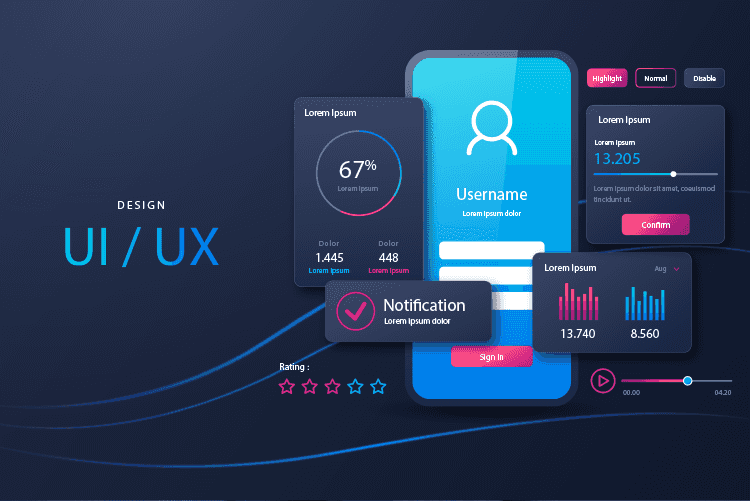
Material Design 3
Material Design 3 is the latest iteration of Google's design language, providing updated guidelines for custom Android app development. Custom mobile app development companies can use Material Design 3 to create visually appealing and user-friendly interfaces. The new design components and tools help custom app developers maintain consistency across different devices and screen sizes, enhancing the overall user experience.
Material Design 3 introduces new design elements and patterns that enable custom app developers to create more engaging and intuitive user interfaces. It emphasizes the use of motion, depth, and responsiveness to create a more dynamic and interactive user experience. For example, animations and transitions can be used to guide users through the app, making navigation more intuitive. Additionally, Material Design 3 provides guidelines for using color, typography, and layout to create a cohesive and visually appealing design. By following these guidelines, custom mobile app development companies can create apps that are not only functional but also aesthetically pleasing.
Voice User Interfaces
Voice User Interfaces (VUIs) are becoming increasingly popular in custom mobile application development services, driven by the rise of voice assistants like Google Assistant and Amazon Alexa. Integrating voice commands into Android apps allows for hands-free interactions, making apps more accessible and convenient for users.
VUIs can be particularly useful in apps where quick and efficient interaction is essential. For example, voice commands can be used in navigation apps to set destinations and get directions without the need to touch the screen. In smart home apps, users can control devices using voice commands, making it easier to manage their home environment. Voice interactions can also enhance accessibility for users with disabilities, providing an alternative way to interact with the app. By integrating VUIs into their apps, custom mobile app development companies can create better user-friendly experiences.
Personalization and Customization
Personalization is a key trend in custom mobile app development, driven by the need to enhance user engagement and satisfaction. Custom mobile application development companies are leveraging data analytics to understand user behavior and preferences, allowing them to offer personalized content, recommendations, and features.
For example, a custom mobile application development company can use data analytics to analyze user interactions and provide personalized content based on their interests & preferences. This could include personalized news feeds, product recommendations & targeted advertisements. Personalization can also be applied to the app's interface, allowing users to customize the look & feel of the app to match their preferences. By focusing on personalization and customization, custom app development companies can create experiences that resonate with users and increase retention rates.
Security and Privacy

Enhanced Security Features
Security is a top priority in custom Android app development services, driven by the increasing prevalence of cyber threats and the need to protect user data. Custom mobile application development companies are implementing advanced security measures to ensure their apps are secure and compliant with regulations.
This includes data encryption, secure authentication, and regular security audits. Data encryption ensures that sensitive information is protected during transmission and storage, making it difficult for unauthorized parties to access the data. Secure authentication methods, such as biometrics and two-factor authentication, provide an additional layer of security, ensuring that only authorized users can access the app. Regular security audits help identify and address potential vulnerabilities, ensuring that the app remains secure over time. By implementing these security measures, custom app developers can build trust with users and ensure their apps are safe and reliable.
Privacy by Design
Adopting a privacy-centric approach is crucial for any custom mobile app development company, driven by the need to comply with data protection regulations and build trust with users. Privacy by design involves integrating privacy features into the app development process from the outset, ensuring that user data is protected throughout the app's lifecycle.
This approach includes measures such as data minimization, user consent, and transparency. Data minimization involves collecting only the data that is necessary for the app's functionality, reducing the risk of data breaches and ensuring compliance with regulations. User consent ensures that users are informed about the data being collected and have control over how it is used. Transparency involves providing clear and concise information about the app's data practices, helping users make informed decisions about their privacy. By prioritizing privacy, custom mobile application development companies can build apps that respect user data and enhance trust.
Development Tools and Methodologies
New Development Tools and IDEs
The continuous evolution of development tools and Integrated Development Environments (IDEs) is shaping the future of custom Android app development. Custom app development companies benefit from the latest features and enhancements in tools like Android Studio, which improve productivity, code quality, and collaboration.
Android Studio, for example, offers a range of features that streamline the development process, including code completion, debugging tools, and performance analysis. It also supports various development frameworks and libraries, allowing custom app developers to leverage the latest technologies and best practices. Additionally, Android Studio offers tools for testing and deploying apps, ensuring that they meet quality standards and perform well across different devices and platforms. By staying updated with the latest development tools, custom mobile app development companies can deliver high-quality apps that meet user needs and expectations.
Agile and DevOps Methodologies
Agile and DevOps methodologies are becoming standard practices in custom mobile application development services, driven by the need for faster and more efficient development cycles. These methodologies emphasize continuous integration and continuous delivery (CI/CD), enabling custom app development companies to respond quickly to market changes and user feedback.
Agile methodologies focus on iterative development, where projects are broken down into smaller tasks that are completed in short cycles or sprints. This approach allows for frequent feedback and adjustments, ensuring that the final product meets user needs and expectations. DevOps practices, on the other hand, emphasize collaboration between development and operations teams, enabling continuous integration and delivery. This ensures that new features and updates are delivered quickly and reliably, enhancing the overall user experience. By adopting Agile and DevOps methodologies, custom mobile application development companies can improve productivity and deliver high-quality solutions.
Summary of Key Trends in Custom Android App Development Services
The landscape of custom Android app development services is continuously evolving, driven by advancements in technology and changing user expectations. Key trends such as AI and ML integration, AR/VR, IoT, cross-platform development, PWAs, and cloud-based development are shaping the future of custom mobile applications. Additionally, design & user experience trends, security & privacy considerations, new development tools & methodologies are crucial for any custom mobile app development company to stay competitive.
Relevant Articles:
